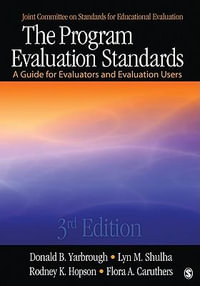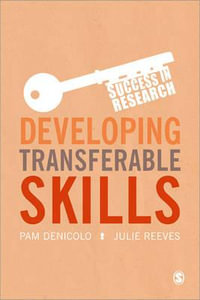
Political Economy of Public Education Finance
Equity, Political Institutions, and Inter-School District Competition
By: Nandan K Jha
Hardcover | 22 June 2020
At a Glance
Hardcover
$313.95
Aims to ship in 10 to 15 business days
When will this arrive by?
Enter delivery postcode to estimate
ISBN: 9781498590709
ISBN-10: 1498590705
Published: 22nd June 2020
Format: Hardcover
Language: English
Number of Pages: 142
Audience: Professional and Scholarly
Publisher: Lexington Books
Country of Publication: GB
Dimensions (cm): 22.8 x 16.1 x 1.7
Weight (kg): 0.38
Shipping
| Standard Shipping | Express Shipping | |
|---|---|---|
| Metro postcodes: | $9.99 | $14.95 |
| Regional postcodes: | $9.99 | $14.95 |
| Rural postcodes: | $9.99 | $14.95 |
How to return your order
At Booktopia, we offer hassle-free returns in accordance with our returns policy. If you wish to return an item, please get in touch with Booktopia Customer Care.
Additional postage charges may be applicable.
Defective items
If there is a problem with any of the items received for your order then the Booktopia Customer Care team is ready to assist you.
For more info please visit our Help Centre.
You Can Find This Book In
This product is categorised by
- Non-FictionEarth Sciences, Geography, Environment, PlanningRegional & Area PlanningUrban & Municipal Planning
- Non-FictionPolitics & GovernmentCentral GovernmentCentral Government Policies
- Non-FictionEducationOrganisation & Management of EducationFunding of Education & Student Finance
- Non-FictionPolitics & GovernmentPublic Administration























